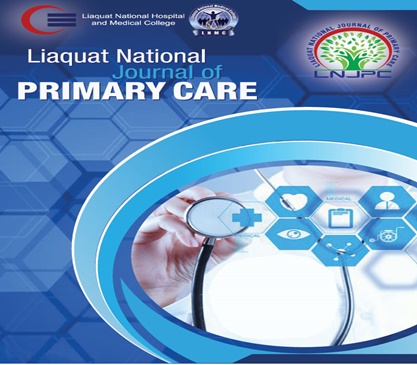Short Communication
Relationship between Age, Education, Number of Children, and Knowledge Related to Exclusive Breastfeeding with the Father’s Decisions Toward Supporting Breastfeeding Practices
Abstract
-
Breastfeeding is one of the most effective ways to ensure the health and survival of a child for the first two years of life. It is widely accepted that the father’s support is one of the strongest predictors of exclusive and optimum breastfeeding. The purpose of the study was to assess the knowledge and attitude of fathers toward breastfeeding and the effects of their socio-demographic conditions on their decision to support breastfeeding practices. This descriptive cross-sectional quantitative research was conducted at two Child Health Clinics in rural Jamaica study in 2017. A validated questionnaire was used to guide the telephone interviews of 158 fathers who were selected by the systematic sampling technique. All ethical guidelines were adhered to. The data was analysed using SPSS. The findings of the study revealed that 104 (65.8%) of the fathers were knowledgeable about breastfeeding practices, and the remaining 54 (34.2%) had a low knowledge level. Only 65 (41.2%) of them agreed that they should support breastfeeding and play a more active role. There was no statistically significant relationship between age, education, number of children, and the knowledge level and attitude towards breastfeeding practices among fathers. There was however statistical significance in their union status and employment status. The study confirms that some fathers are knowledgeable about breastfeeding but their attitude towards the process needs improvement. The findings could assist in health promotion strategies to strengthen and support fathers’ involvement as well as support the national campaign to improve breastfeeding practices in Jamaica.
- Keywords: Breastfeeding, Child Health Clinics, Fathers, breastfeeding practices, Jamaica
Back to All Articles

